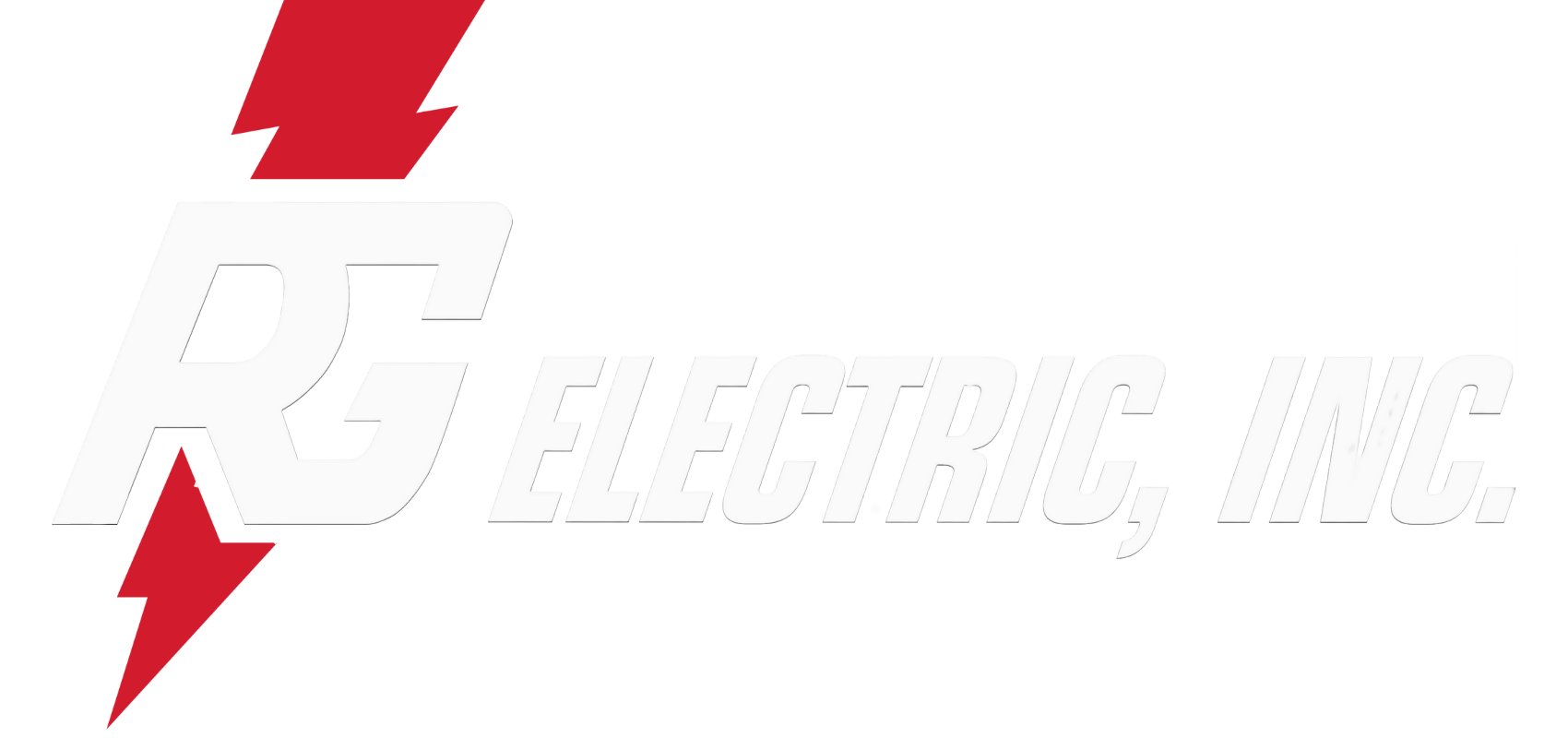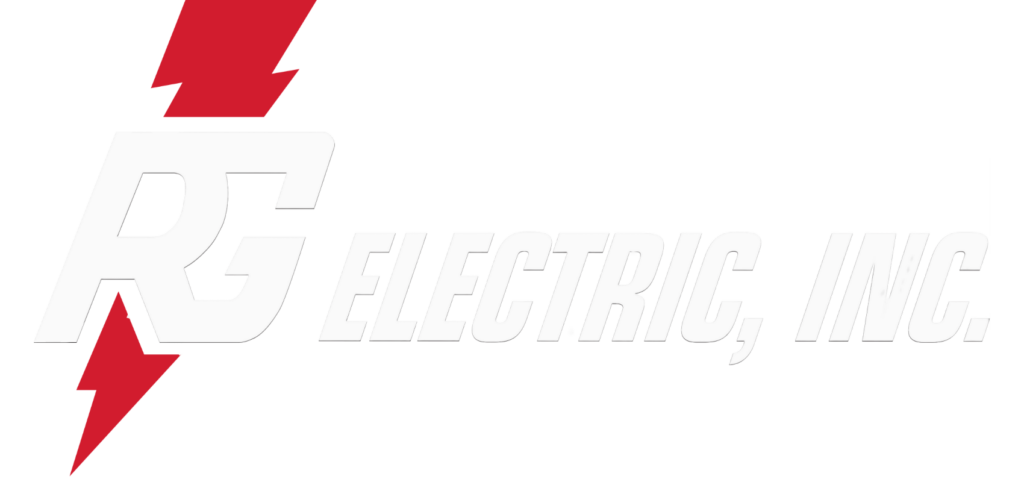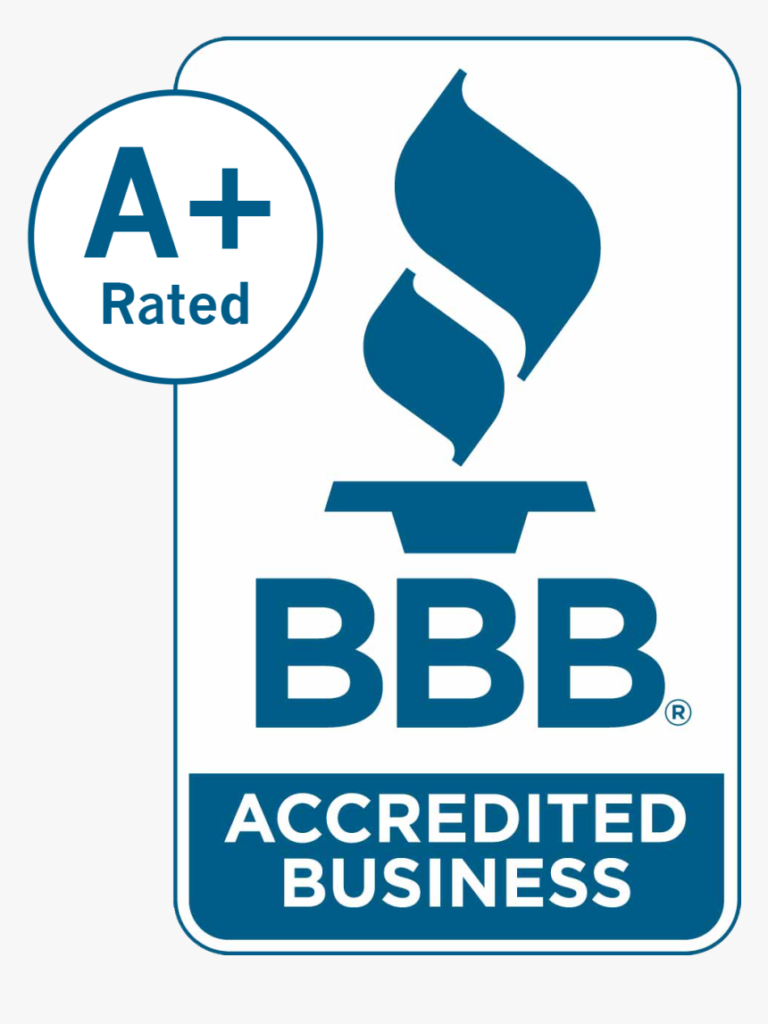
Solar energy offers numerous benefits for homeowners and has emerged as a leading renewable energy source for residential properties. It offers a sustainable and cost-effective alternative to traditional fossil fuels. This green energy solution harnesses the power of the sun to generate electricity, reduce utility bills, and decrease the carbon footprint of homes.
The Technology Behind Solar Panels
Solar panels, or photovoltaic (PV) panels, are the core technology that makes the conversion of sunlight into electricity possible. These panels are made of many solar cells, and typically are silicon. When sunlight hits a solar cell, it knocks electrons loose from their atoms, generating a flow of electricity. This process is known as the photovoltaic effect. The electricity generated is direct current (DC), which is then converted into alternating current (AC) using an inverter.
Installation Process
The installation of solar panels on residential properties involves several key steps. A site assessment is first conducted to determine the property’s suitability for solar energy. Considering factors such as roof condition, orientation, and shading. After this, a solar installation system is designed to meet the household’s energy needs. The installation process includes mounting the solar panels on the roof, installing the inverter, and the system to the electrical grid. This is to ensure compliance with local regulations and safety standards.
Benefits for Residential Properties
It offers numerous benefits for homeowners. Firstly, it significantly reduces electricity bills since the sun provides free energy. Over time, the savings on utility bills can offset the initial investment in solar technology. Secondly, solar is environmentally friendly, producing clean, green energy that reduces reliance on fossil fuels and lowers greenhouse gas emissions. Solar panels increase property values, making them a worthwhile investment for homeowners.
Financial Incentives and Rebates
The adoption of solar energy, many governments and utilities offer financial incentives, rebates, and tax credits to homeowners who install solar panels. These incentives can significantly reduce the upfront cost of solar installations and shorten the payback period. In the United States, the federal solar tax credit allows homeowners to deduct a portion of their system costs from their taxes. Many states offer additional incentives, such as rebates or property tax exemptions.
Solar Power
Solar represents a sustainable and cost-effective solution for residential properties, offering a pathway to reduced utility bills, environmental conservation, and energy independence. With advances in technology, the efficiency of solar panels continues to improve, making solar energy an increasingly attractive option for homeowners. By understanding how solar energy works and leveraging available financial incentives, homeowners can make an informed decision to transition to this renewable energy source, contributing to a greener future.



